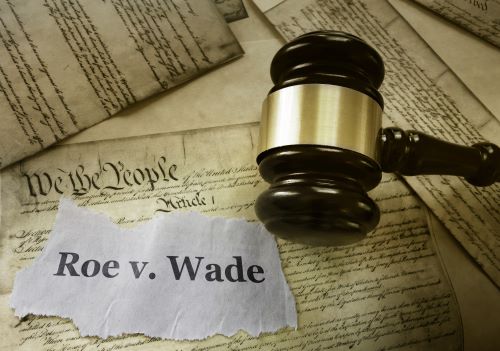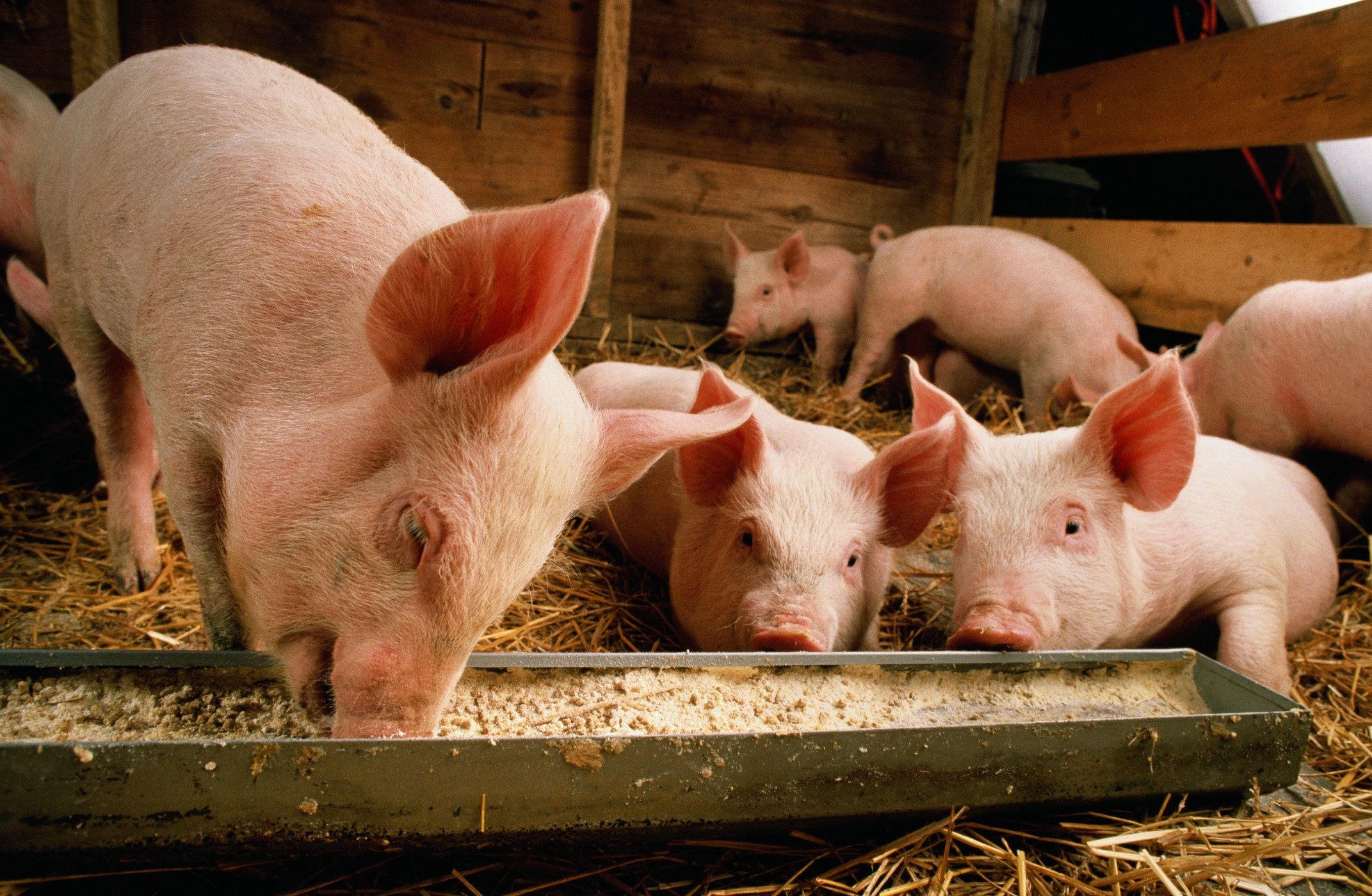New York Likely Banning Pet-Store Puppy Sales
Everyone loves puppies, kittens, and bunnies. But should pet stores be banned from selling them?
In the state of New York, this is a burning question, and all eyes are on Gov. Kathy Hochul to answer. In June, lawmakers passed the Puppy Mill Pipeline Act with rare bipartisan support. If Hochul signs it, New York will become the sixth state in the last three years to ban the retail sale of puppies, kittens, and rabbits in pet stores. In addition, some 400 municipalities have bans in place.
If there was strong evidence that pet retailers are being cruel to the animals, signing the bill into law would be a no-brainer. But it’s not that simple. Even the animal rights groups that support the bill say the real culprit is out-of-state puppy mills that breed the animas in cruel conditions. The bill targets the retailers for essentially aiding and abetting the puppy mills, whether they are consciously doing it or not.
The retail pet industry is fighting back with arguments that they treat the animals well and the law would create an underground market for pet sales. They also contend that it would close stores and put hundreds of people out of work.
Targeting Out-of-State ‘Mills’
Lawmakers who voted for the bill, however, are not convinced.
“Puppy mills breed cruelty,” Assemblymember Linda B. Rosenthal said. “Banning the sale of dogs, cats, and rabbits in New York pet stores will deal the puppy-mill-to-pet-store pipeline a near mortal blow. The cute puppies, kittens, and bunnies in pet store windows mask a sad reality: These animals are products of horrific neglect in puppy mills.”
A 2020 investigation of puppy mills by the Human Society of the United States found that many New York pet stores obtained puppies from unscrupulous breeders. However, pet retailers contend that the bad actors among them are a small minority and the law would be unfair to the majority.
Everyone agrees that bad breeders who mistreat animals need to be put out of business. But Mike Bober, president and CEO of the Pet Industry Joint Advisory Council, argues that the U.S. Department of Agriculture (USDA) could do it through the enforcement of existing standards. He also says states could set sourcing standards that breeders must meet to do business with pet stores rather than imposing all-or-nothing bans.
Enforcement Challenges
The law governing the treatment of dogs, cats, and other animals that are bred for retail sales is the Animal Welfare Act. That law, which sets minimum standards of care, was passed in 1966 and is enforced by the USDA.
Animal rights groups point out, however, that it’s hard to prove when a breeding operation falls short of the AWA’s requirements, and the USDA has a spotty enforcement record with puppy mills.
These groups also say that simply passing tougher laws is harder than it looks. “Laws require precise definitions … but there is no widespread agreement as to where the line is drawn between a puppy mill and a dog breeding operation that is either smaller or provides some degree of higher quality care for the dogs,” the Humane Society of the United States says.
The bill would allow pet stores to host events and create relationships with animal shelters and rescues like the Humane Society. It would also allow consumers to buy directly from reputable breeders.
If Hochul signs the bill, the law would go into effect in one year.
Related Resources
You Don’t Have To Solve This on Your Own – Get a Lawyer’s Help
Meeting with a lawyer can help you understand your options and how to best protect your rights. Visit our attorney directory to find a lawyer near you who can help.






